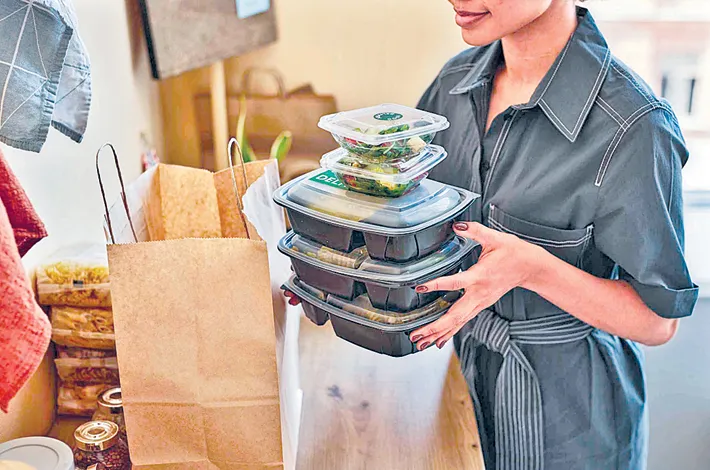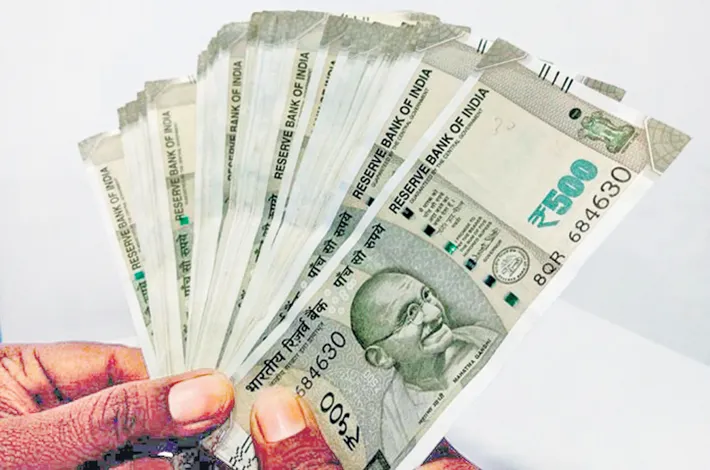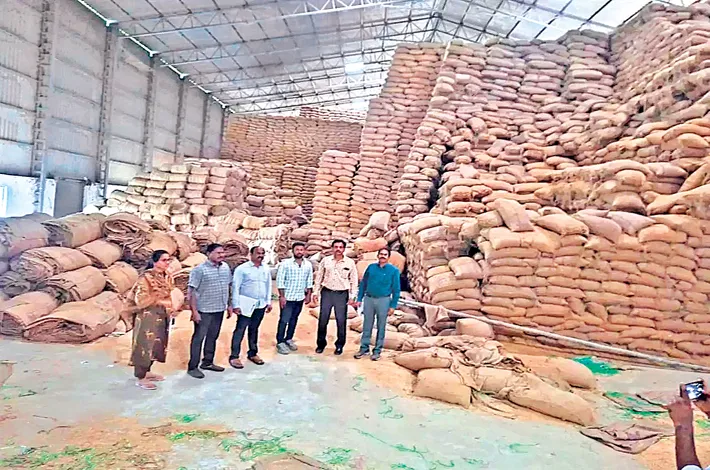Plastic food containers under scanner amid safety concerns
21-11-2025 12:00:00 AM

Metro India News | Hyderabad
The Bureau of Indian Standards (BIS) under the consumer affairs ministry is conducting a major study on the safety of plastic containers, driven by growing environmental concerns and climate risks. The study focuses on the widespread use of plastic packaging in online food delivery apps, where lightweight and low-cost containers are preferred but contribute significantly to plastic waste and toxin release into soil and water.
Black plastic containers are of particular concern. These often contain unregulated levels of heavy metals, flame retardants, and other toxic chemicals that can leach into food, especially when used with hot or oily dishes. Their color also makes them non-recyclable, and the shortage of recycled black plastic is often filled by using e-waste, which contains hazardous chemicals.
BIS is now testing whether materials commonly used in food packaging—such as PET, recycled PET, polycarbonate, and laminated films—remain safe under high heat and humidity. With delivery patterns changing and temperatures rising across cities, the risk of chemical migration from packaging into food may increase. If the study finds elevated risks, authorities may revise India’s Food Safety and Standards (Packaging) Regulations, impacting all major food delivery platforms and restaurant chains.
Everyday users are already observing these issues. Harika, a 28-year-old microbiology student, says many containers that look “premium and strong” are not built for hot or oily foods. She notes that recycled plastics often contain toxic residues. Krutika, a 24-year-old hosteller, adds that she frequently notices melting, chemical smells, or a burnt odor when hot curries or biryanis are packed in black boxes. Despite appearing sturdy, many of these containers are not meant for repeated heat exposure.
Studies suggest that chemicals in plastics can migrate into food, increasing exposure to microplastics and additives. The BIS study aims to evaluate real-world safety conditions in India and could pave the way for safer packaging practices and a shift toward a healthier, more sustainable future.








